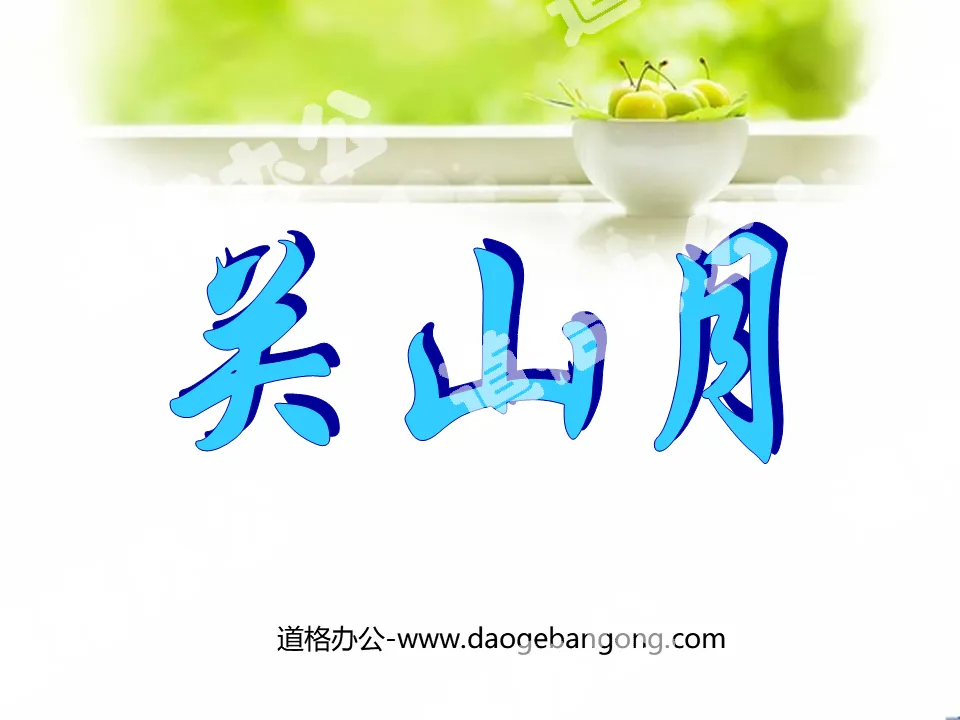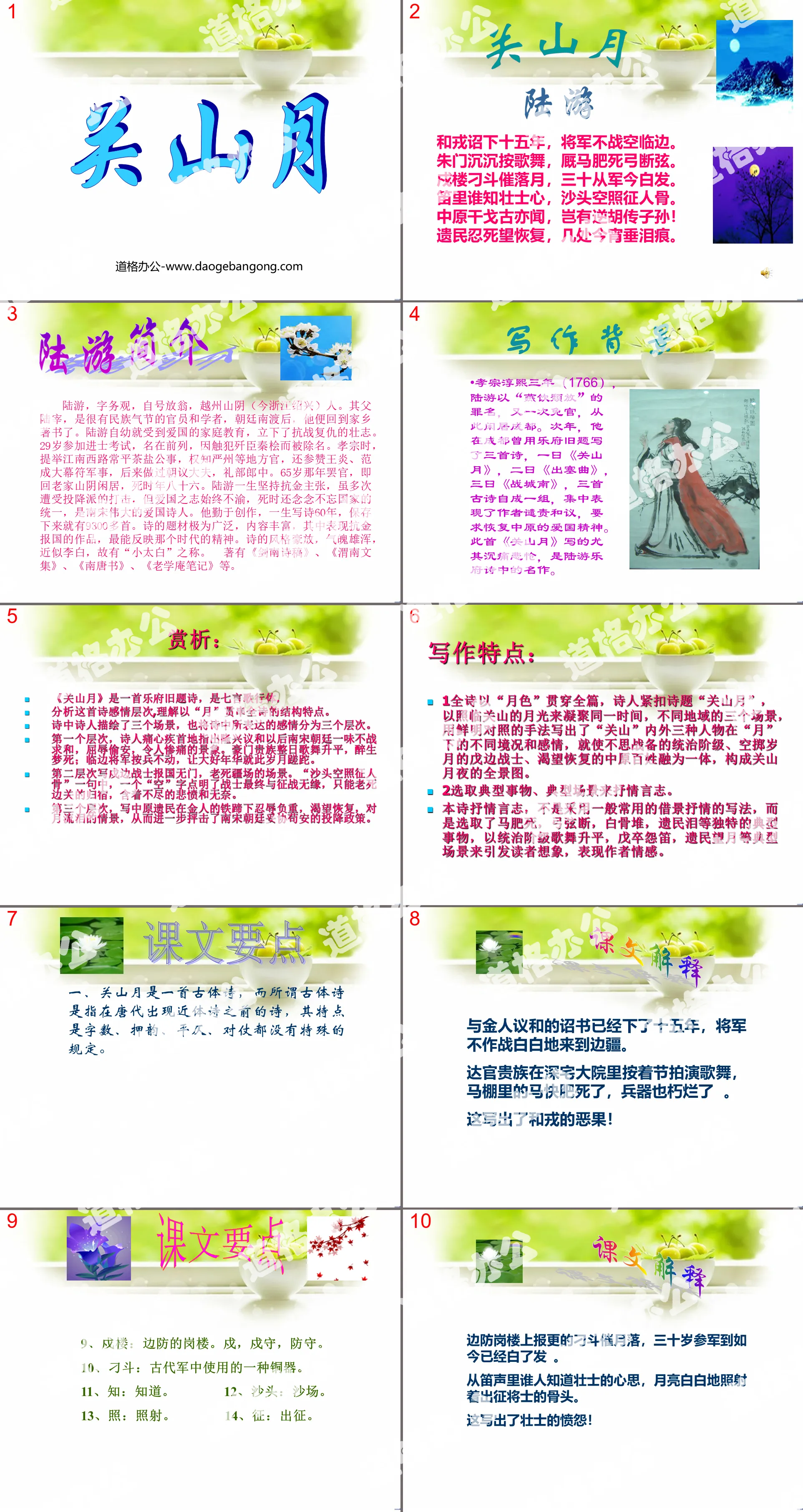The second volume of first-grade Chinese compiled by the People's Education Publishing House
The second volume of fifth-grade Chinese compiled by the People's Education Publishing House
The first volume of Chinese language for eighth grade compiled by the People's Education Publishing House
The first volume of first-grade Chinese compiled by the People's Education Publishing House
The first volume of ninth-grade Chinese compiled by the People's Education Publishing House
The first volume of fourth-grade Chinese compiled by the People's Education Publishing House
The first volume of Chinese language for sixth grade compiled by the People's Education Publishing House
The second volume of Chinese language for eighth grade compiled by the People's Education Publishing House
The first volume of Chinese language for fifth grade compiled by the People's Education Publishing House
The first volume of second-grade Chinese compiled by the People's Education Publishing House
Hunan Education Edition Third Grade Chinese Language Volume 1
The second volume of fourth-grade Chinese compiled by the People's Education Publishing House
The first volume of third-grade Chinese compiled by the People's Education Publishing House
The second volume of second-grade Chinese compiled by the People's Education Publishing House
The second volume of Chinese language for sixth grade compiled by the People's Education Publishing House
The second volume of seventh-grade Chinese compiled by the People's Education Publishing House

| Category | Format | Size |
|---|---|---|
| Beijing Normal University Edition Ninth Grade Chinese Volume 2 | pptx | 6 MB |
Description
"Guan Shan Yue" PPT courseware 2
Introduction to Luyou
Lu You, whose courtesy name was Wuguan and whose nickname was Fangweng, was from Shanyin, Yuezhou (now Shaoxing, Zhejiang). His father, Lu Zai, was an official and scholar with great national integrity. After the imperial court moved south, he returned to his hometown and wrote books. Lu You received a patriotic family education since he was a child, and he set his ambition to fight against the Japanese and take revenge. At the age of 29, he took the Jinshi examination and ranked among the top. He was expelled because he offended the emperor Qin Hui. During the reign of Emperor Xiaozong, he promoted the official affairs of tea and salt in Changping, Jiangnan West Road, and was empowered to know Yanzhou and other local officials. He also served as military counselor to Wang Yan and Fan Cheng, and later served as a court official and a doctor in the Ministry of Rites. He resigned from office at the age of 65 and returned to his hometown of Shanyin to live leisurely. He died at the age of eighty-six. Lu You insisted on resisting the Jin Dynasty throughout his life. Although he was attacked by the capitulationists many times, his patriotism remained unswerving. He never forgot the unity of the country when he died. He was a great patriotic poet in the Southern Song Dynasty. He was diligent in creation and wrote poems for 60 years in his life, with more than 9,300 poems preserved. The subject matter of the poems is extremely wide and the content is rich. Among them, the works that express the resistance to the Jin Dynasty and serve the country best reflect the spirit of that era. The style of the poem is bold and powerful, similar to that of Li Bai, so it is called "Little Taibai". He is the author of "Jiannan Poetry Manuscript", "Weinan Collected Works", "Southern Tang Book", "Laoxue'an Notes", etc.
writing background
In the third year of Chunxi reign of Emperor Xiaozong (1766), Lu You was dismissed from office again for the crime of "Yan drinking and decadence", and he lived in Chengdu ever since. The following year, he wrote three poems in Chengdu using the old Yuefu inscriptions. One is "Guanshan Moon", the second is "Out of the Fortress", and the third is "Battle to the South of the City". The three ancient poems form a group of their own, which focuses on the author's expressions. Condemned the peace talks and demanded the restoration of the patriotic spirit of the Central Plains. This poem "Guan Shan Yue" is particularly sad and sad, and is a masterpiece among Lu Youfu's poems.
Appreciation:
"Moon over the Mountains" is an old Yuefu poem in the style of a seven-character song.
Analyze the emotional level of this poem and understand the structural characteristics of "moon" running through the whole poem.
In the poem, the poet describes three scenes and divides the emotions expressed in the poem into three levels.
On the first level, the poet pointed out bitterly that after the Longxing Peace Conference, the Southern Song Dynasty court blindly sought peace without war and suffered humiliation and peace, which was a miserable sight. The wealthy nobles were singing and dancing all day long, intoxicated and dreaming; the generals on the border remained stationary, letting their good years go to waste.
The second level depicts scenes of border guards who have no way to serve their country and die of old age on the battlefield. The word "empty" in the sentence "Shatou Kongzhao collects human bones" points out that the soldiers ultimately had no chance to fight and had to die on the border, which contains endless grief, anger and helplessness.
The third level describes the scene in which the survivors of the Central Plains endured the humiliation under the iron heel of the Jin people, longed for recovery, and shed tears for the moon, thus further criticizing the Southern Song Dynasty's surrender policy of compromise and peace.
writing traits:
1 The whole poem uses "moonlight" throughout. The poet closely follows the title of the poem "Guanshan Moon" and uses the moonlight shining on Guanshan Mountain to condense three scenes in different regions at the same time. He writes "Guanshan Mountain" in a sharply contrasting way. "The different situations and emotions of the three internal and external characters under the "moon" integrate the ruling class who are not prepared for war, the Wubian soldiers who are wasting their time, and the people of the Central Plains who are eager to recover, forming a panoramic view of the Guanshan Moonlight Night.
2. Select typical things and scenes to express emotions and aspirations.
This poem expresses emotions and expresses emotions. It does not use the commonly used method of expressing emotions by borrowing scenes. Instead, it chooses unique typical things such as a fattened horse, a broken bow string, a pile of bones, and the tears of the survivors. It uses the ruling class to sing and dance to bring peace, the soldiers of the Wu Dynasty complain about the flute, and the survivors Typical scenes such as looking at the moon are used to arouse readers' imagination and express the author's emotions.
Key points of the text
1. Guan Shanyue is an ancient-style poem, and the so-called ancient-style poetry refers to the poetry before the emergence of modern poetry in the Tang Dynasty. Its characteristic is that there are no special regulations on word count, rhyme, level, and antithesis.
1. He Rong: surrender to the Jin people. 2. Empty: in vain.
3. Pro: Arrive. 4. Bian: frontier, boundary.
5. Zhumen: A noble family. 6. Shen Shen: a profound look.
7. Press: beat time. 8. Stable: stable.
What is the theme of this poem?
The poet borrowed old Yuefu titles to express the anger of the border soldiers who had no way to serve their country and the desire of the survivors of the Central Plains in the occupied areas to restore their country. and patriotism.
Keywords: Guan Shanyue courseware PPT, Beijing Normal University version ninth grade Chinese PPT courseware download, ninth grade Chinese slide courseware download, Guan Shanyue PPT courseware download, .PPT format
For more information about the "Guan Shan Yue" PPT courseware, please click the "Guan Shan Yue" ppt tag.
"Guan Shan Yue" music PPT courseware:
"Guanshan Moon" music PPT courseware learning points 1. Li Bai's life 2. The main ideological content and artistic characteristics of Li Bai's poetry 3. Appreciation of Li Bai's poetry "Guanshan Moon" Li Bai (701762), courtesy name Taibai, a native of Longxi Chengji, Liangwuzhao Wang. The ninth generation grandson may be said to be from Shandong, or...
"Guan Shan Yue" PPT courseware:
"Guan Shan Yue" PPT courseware Lu You, with the style of Zi Wu Guan and the nickname Fang Weng, was born in Shanyin, Yuezhou (now Shaoxing, Zhejiang). He is a famous patriotic poet in the Southern Song Dynasty. His poems are bold in style and powerful in spirit. It is similar to Li Bai, so it is called Xiao Taibai. He is the author of "Jiannan Poetry Draft" and "Weinan Collected Works".
File Info
Update Time: 2024-11-16
This template belongs to Chinese courseware Beijing Normal University Edition Ninth Grade Chinese Volume 2 industry PPT template
"Guan Shan Yue" PPT courseware 2 Simple campus recruitment activity planning plan summary enterprise and institution recruitment publicity lecture PPT template is a general PPT template for business post competition provided by the manuscript PPT, simple campus recruitment activity planning plan summary enterprise and institution recruitment promotion Lecture PPT template, you can edit and modify the text and pictures in the source file by downloading the source file. If you want more exquisite business PPT templates, you can come to grid resource. Doug resource PPT, massive PPT template slide material download, we only make high-quality PPT templates!
Tips: If you open the template and feel that it is not suitable for all your needs, you can search for related content "Guan Shan Yue" PPT courseware 2 is enough.
How to use the Windows system template
Directly decompress the file and use it with office or wps
How to use the Mac system template
Directly decompress the file and use it Office or wps can be used
Related reading
For more detailed PPT-related tutorials and font tutorials, you can view: Click to see
How to create a high-quality technological sense PPT? 4 ways to share the bottom of the box
Notice
Do not download in WeChat, Zhihu, QQ, built-in browsers, please use mobile browsers to download! If you are a mobile phone user, please download it on your computer!
1. The manuscript PPT is only for study and reference, please delete it 24 hours after downloading.
2. If the resource involves your legitimate rights and interests, delete it immediately.
3. Contact information: service@daogebangong.com
"Guan Shan Yue" PPT courseware 2, due to usage restrictions, it is only for personal study and reference use. For commercial use, please go to the relevant official website for authorization.
(Personal non-commercial use refers to the use of this font to complete the display of personal works, including but not limited to the design of personal papers, resumes, etc.)
Preview










